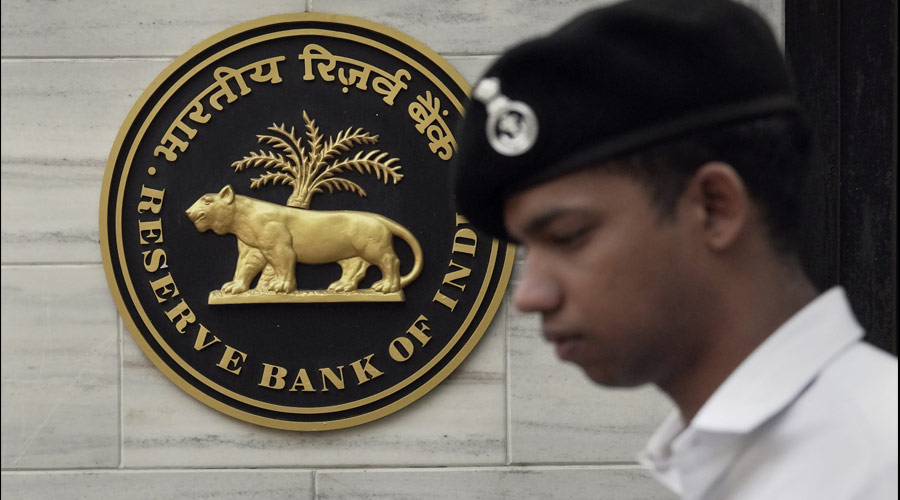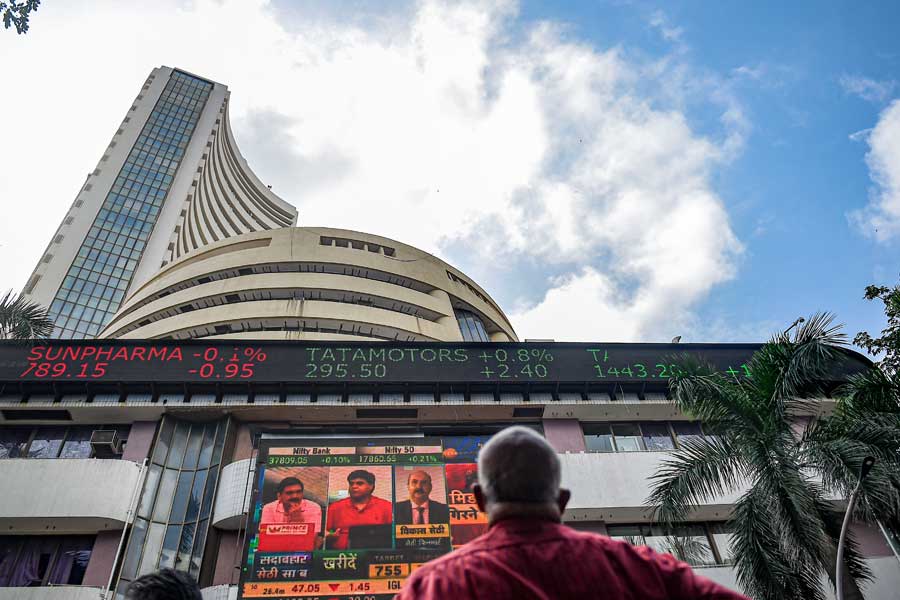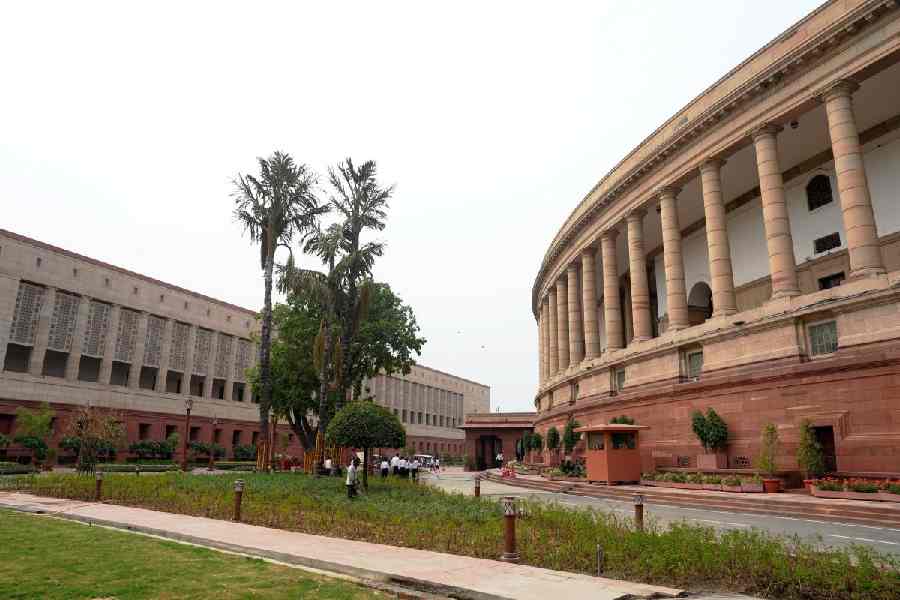The Reserve Bank of India (RBI) may be forced to raise rates because of the depreciation in the rupee, which could pinch the economy, Moody’s Analytics said on Thursday. The economies in emerging Asia will outperform the emerging markets, Moody’s said, but their central banks could find themselves in a spot because of currency weakness.
“Nowhere is this risk greater than in India, where a new bout of rupee weakness could force the RBI to press harder on the brakes, slowing what we expect to be one of EM Asia’s best performing economies,” the report said. The rupee on Thursday closed with gains of 40 paise against the dollar at 82.26 following weakness of the greenback in the overseas market. The dollar index, which gauges the greenback’s strength against a basket of six currencies, was trading 0.03 per cent lower at 102.31.
The rupee had kicked off this calendar year at 82.74 to the dollar and had even appreciated to 80.98 in January 2023. It has given up these gains on portfolio outflows and interest rate increases by the US Fed. Forex circles feel that if foreign portfolio investors (FPIs) continue to be on a sell mode, the Reserve Bank of India (RBI) may have to sell dollars to stem the rupee’s slide. In a bid to tame inflation, the RBI has so far raised the policy repo rate 250 basis points since last May. The benchmark rate now stands at 6.50 per cent.
Economists largely expect the monetary policy committee (MPC) of the RBI to again jack up interest rates at its meeting next month as retail inflation has remained above the RBI’s tolerance limit for two months in a row. Minutes of the meeting held last month showed a division between the members on whether to pause on rates.










